Tokyo, Japan’s bustling capital, is a blend of the traditional and the futuristic. From historic temples to neon-lit skyscrapers, Tokyo has something for every traveler.
This article will address the 100 most asked questions about Tokyo, providing insights into its culture, attractions, lifestyle, and more.
Section I: Getting to Tokyo
Q1: What are the major airports in Tokyo?
A: Tokyo is served by two main airports: Narita International Airport and Haneda Airport.
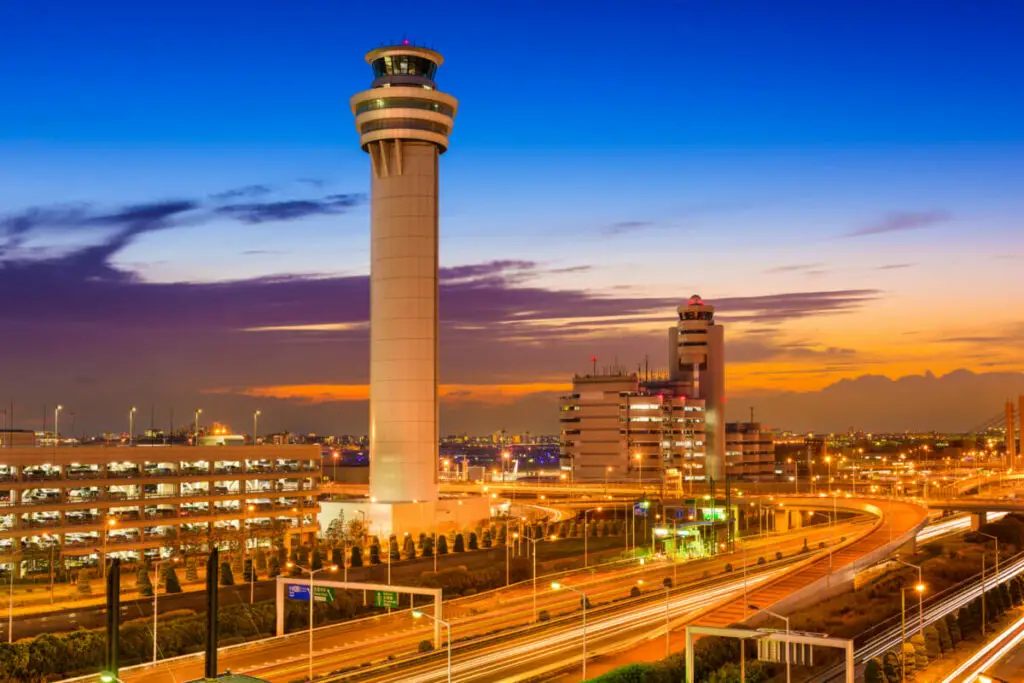
Q2: What are the visa requirements?
A: Visa requirements vary by country, so it’s best to check with your local Japanese embassy or consulate.
Section II: Transportation within Tokyo
Q3: How does the Tokyo Metro work?
A: The Tokyo Metro is efficient and extensive, operating numerous lines throughout the city. Payment is made through prepaid cards or tickets, available at vending machines.
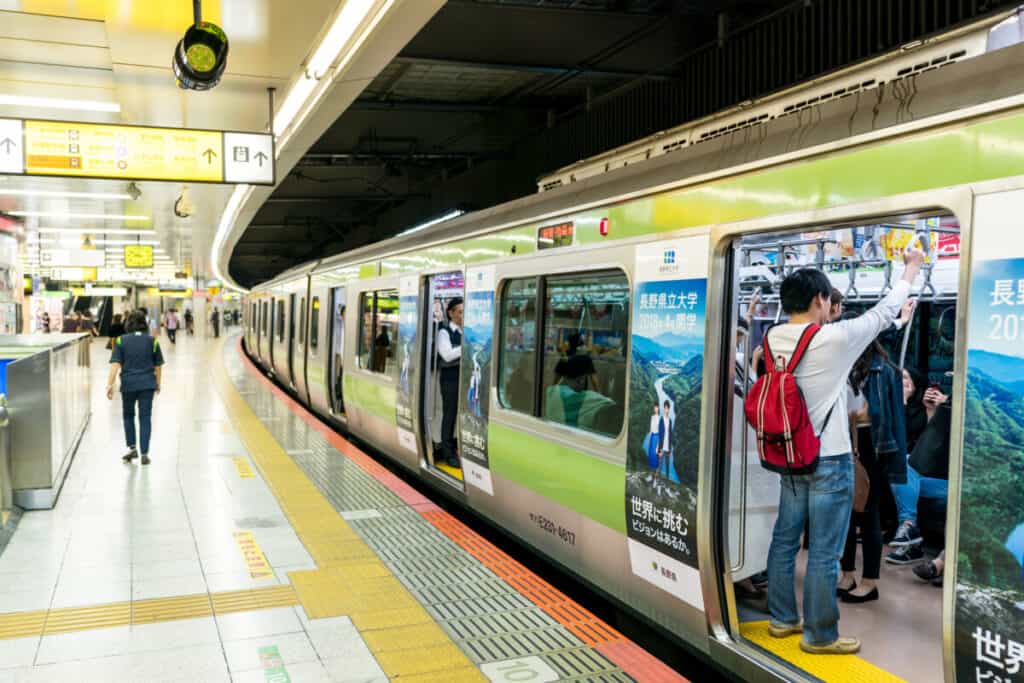
Q4: Is it easy to find taxis?
A: Yes, taxis are plentiful, but they can be expensive, especially during peak hours.
Section III: Accommodation
Q5: What are some popular places to stay?
A: From luxury hotels in Shinjuku to budget-friendly hostels in Asakusa, Tokyo offers a wide range of accommodations.
Section IV: Sightseeing and Attractions
Q6-Q15: What are the must-see landmarks?
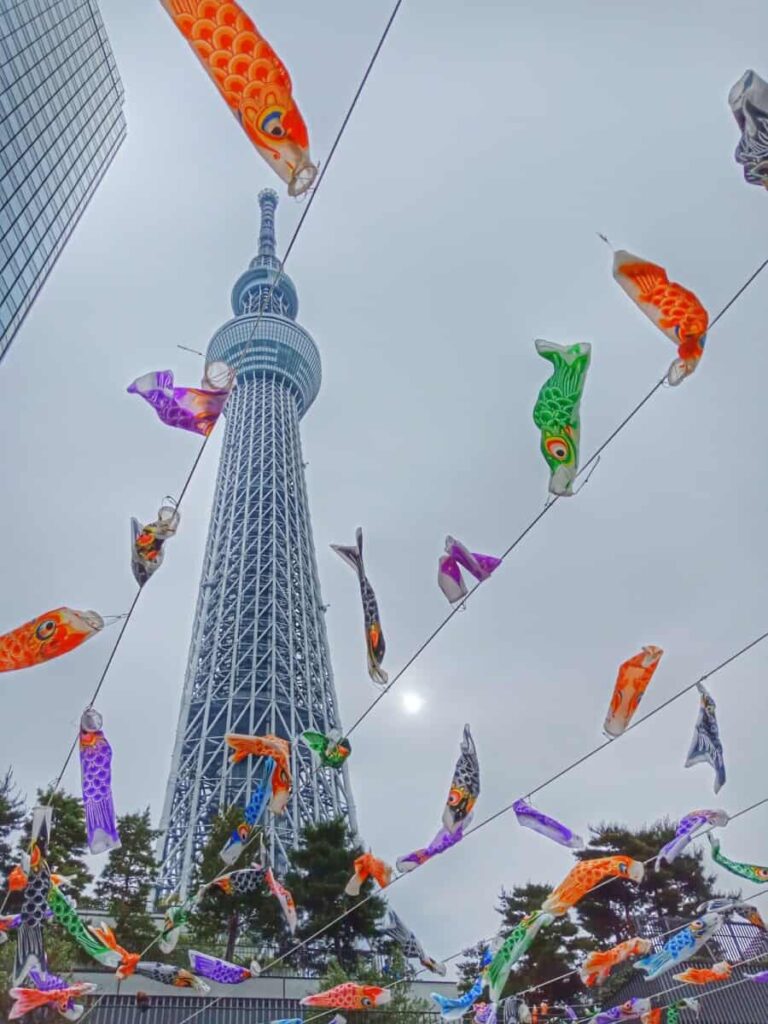
A: Here’s a list of ten must-see landmarks:
- Tokyo Tower
- Senso-ji Temple
- The Imperial Palace
- Meiji Shrine
- Akihabara Electric Town
- Shibuya Crossing
- Odaiba
- Shinjuku Gyoen National Garden
- Tsukiji Outer Market
- Ueno Park
Section V: Food and Dining
Q16: What are Tokyo’s signature dishes?
A: Tokyo offers a culinary delight ranging from sushi to ramen, tempura, and more. Don’t miss the chance to try Tsukiji’s fresh sashimi!
Section VI: Shopping
Q17: Where can I shop for electronics?
A: Akihabara is the go-to place for electronics, offering everything from the latest gadgets to vintage finds.
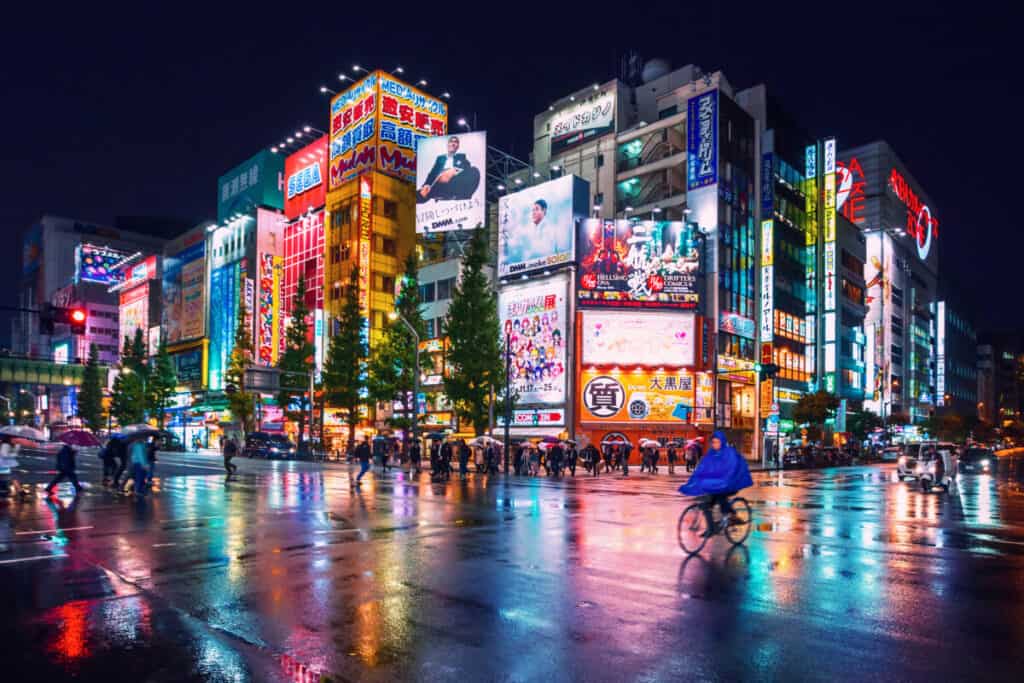
Section VII: Culture and Language
Q18: How do I greet people in Japanese?
A: A simple bow and “Kon’nichiwa” (Good afternoon) is a polite greeting.
Section VIII: Safety and Health
Q19: Is Tokyo safe for tourists?
A: Tokyo is considered one of the safest cities in the world, but it’s always wise to take general safety precautions.
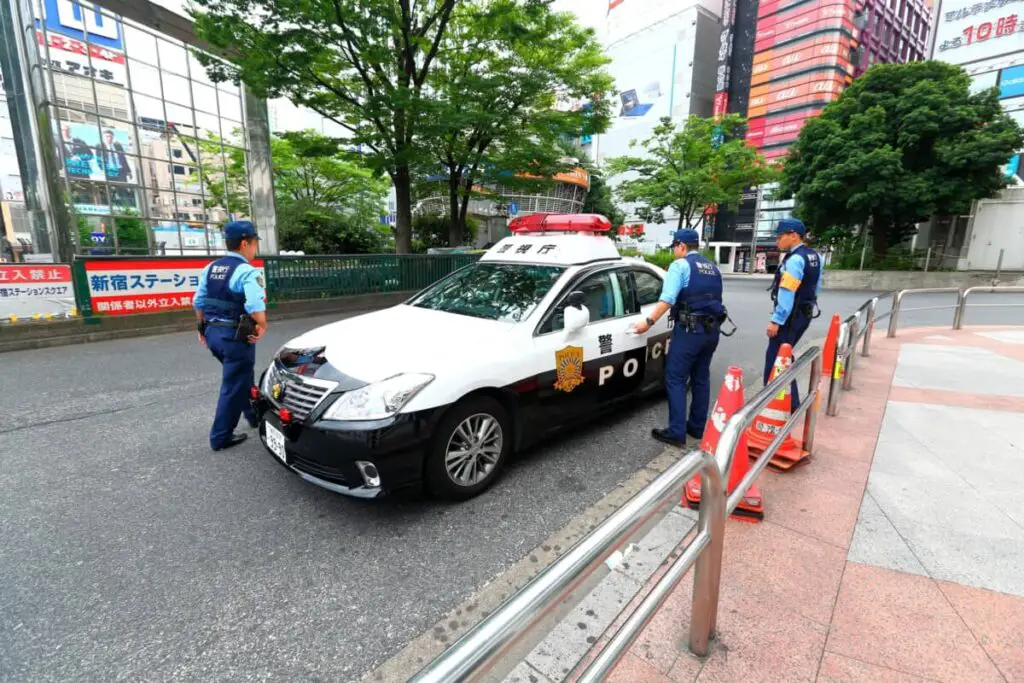
Section IX: Nightlife in Tokyo
Q20: Where are the best places to experience Tokyo’s nightlife?
A: Roppongi, Shibuya, and Shinjuku are famous for their vibrant nightlife. From themed bars to bustling clubs, there’s something for everyone.
Q21: What are some unique bars to visit?
A: Tokyo is home to various themed bars like Robot Restaurant, Vampire Café, and the quirky Alcatraz ER.
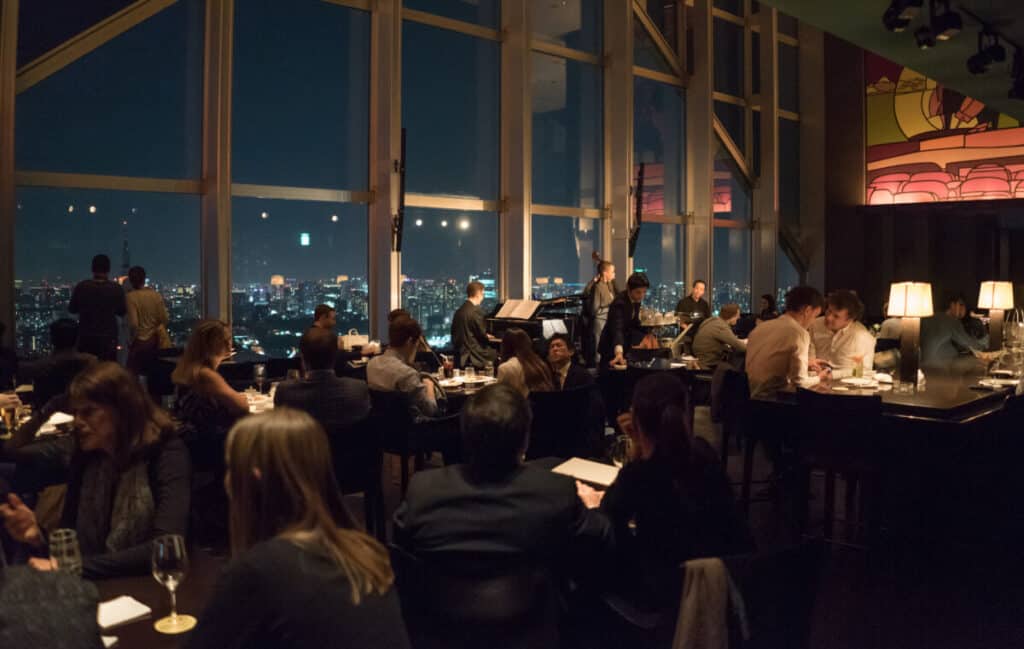
Section X: Seasonal Events and Festivals
Q22: When is the cherry blossom season?
A: Cherry blossoms typically bloom in late March to early April.
Q23: What festivals are celebrated in Tokyo?
A: Some popular festivals include Sanja Matsuri, Kanda Matsuri, and Sumida River Fireworks Festival.
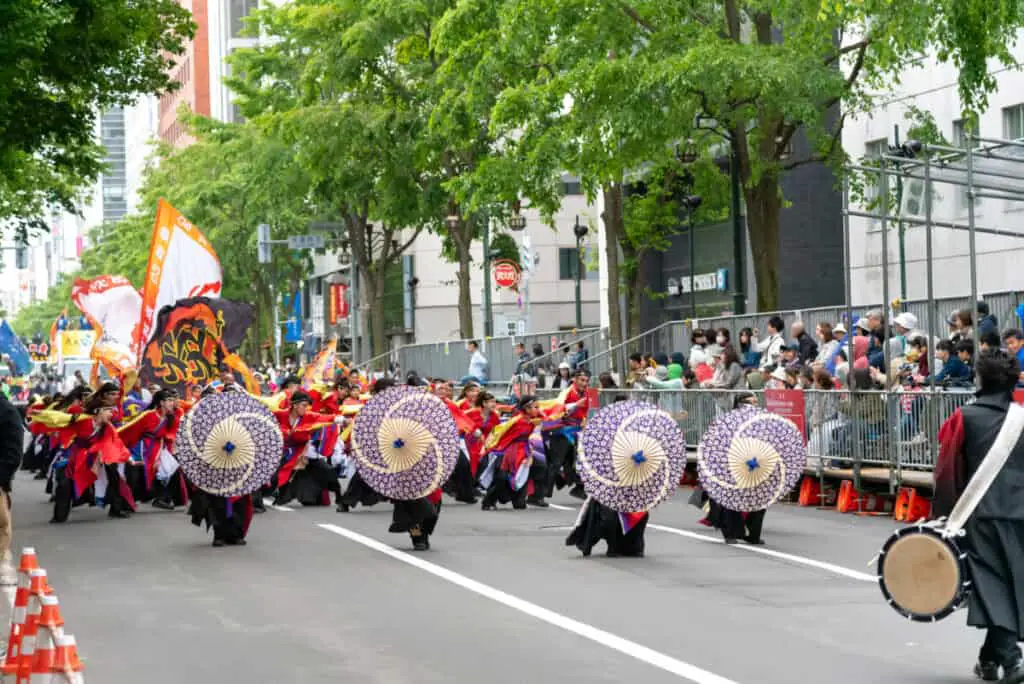
Section XI: Family Travel
Q24: What are some family-friendly attractions?
A: Tokyo Disneyland, Ueno Zoo, and Odaiba’s teamLab Borderless are perfect for family outings.
Section XII: Art and Museums
Q25: Where can I find contemporary art?
A: The Mori Art Museum and The National Art Center are must-visit spots for contemporary art lovers.
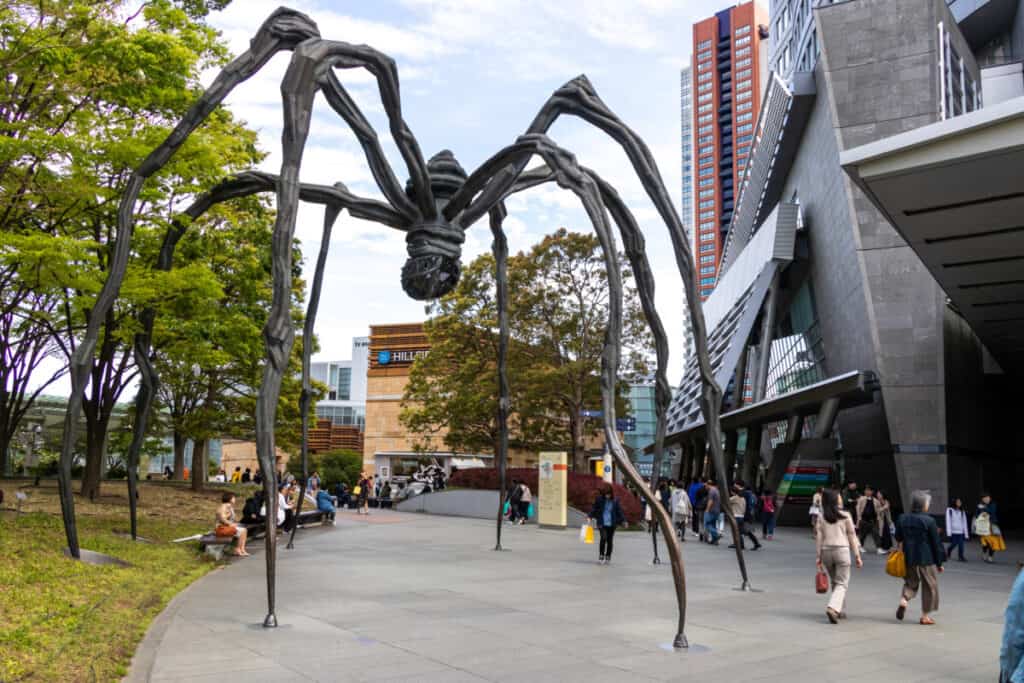
Section XIII: Traditional Culture
Q26: Where can I experience a traditional tea ceremony?
A: Many places offer tea ceremonies, including Happo-en Garden and the Imperial Hotel.
Q27: Can I see sumo wrestling?
A: Visit Ryogoku, where sumo tournaments are held, or watch morning practice sessions in a sumo stable.
Section XIV: Education and Work
Q28: How can I study Japanese in Tokyo?
A: Various language schools cater to different learning needs, including intensive courses and cultural immersion programs.

Q29: Can I work in Tokyo as a foreigner?
A: Yes, but working visas and job requirements vary, so research and preparation are key.
Section XV: Weather and Climate
Q30: What’s the weather like in Tokyo?
A: Tokyo experiences four distinct seasons, with hot and humid summers, mild springs and autumns, and cool winters.
Section XVI: Miscellaneous
Q31: Where can I get help if I lose something?
A: Lost and found centers are located in major stations, and the local police can assist with lost items.
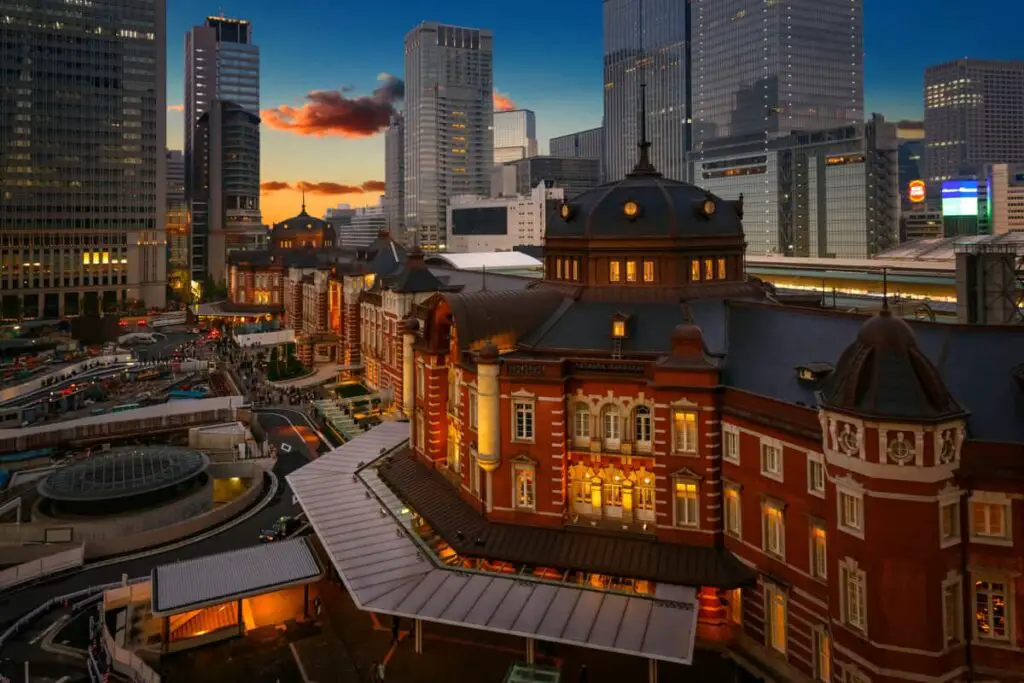
Q32: Can I use credit cards everywhere?
A: While credit cards are widely accepted, some smaller establishments may only take cash.
Section XVII: Sports and Recreation
Q33: Where can I see a baseball game in Tokyo?
A: The Tokyo Dome and Meiji Jingu Stadium host professional baseball games, a favorite pastime in Japan.
Q34: Are there any hiking spots near Tokyo?
A: Yes, places like Mount Takao and the Okutama area offer beautiful hiking trails accessible from Tokyo.
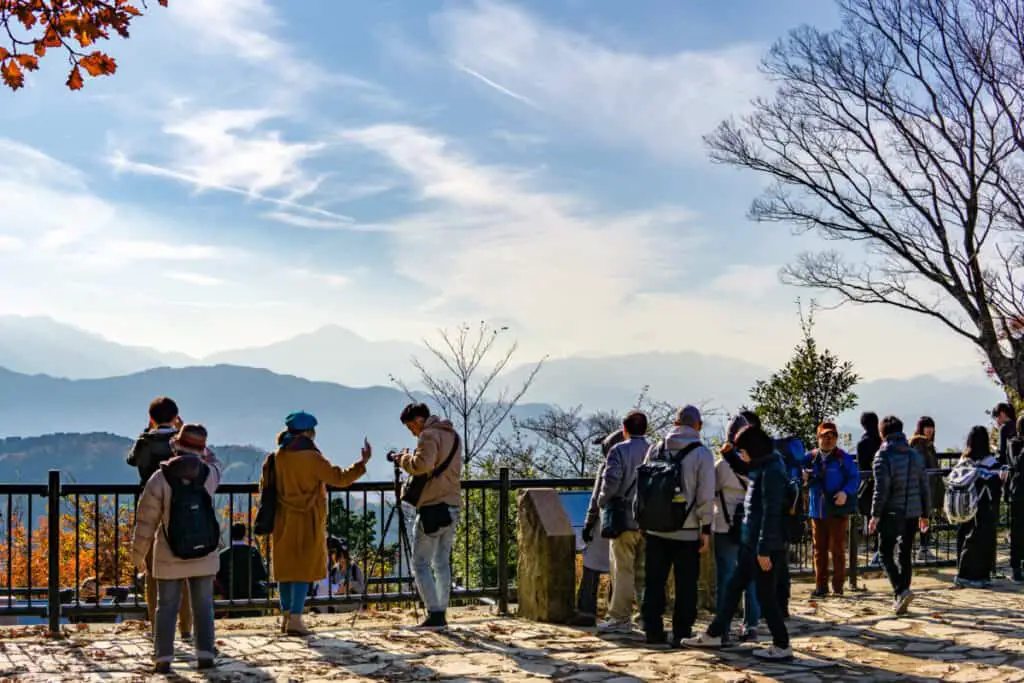
Section XVIII: Health and Medical Assistance
Q35: What should I do if I need medical assistance?
A: Tokyo has many hospitals and clinics, some with English-speaking staff. Travel insurance is strongly recommended.
Q36: Is tap water safe to drink?
A: Yes, tap water in Tokyo is safe and meets international standards.
Section XIX: Unique Tokyo Experiences

Q37: What are some unique experiences only found in Tokyo?
A: Experiences like dining at a Robot Restaurant, visiting the Ghibli Museum, or walking the historic streets of Yanaka are unique to Tokyo.
Section XX: Tokyo with Special Needs
Q38: How accessible is Tokyo for travelers with disabilities?
A: Tokyo is increasingly accommodating travelers with disabilities, offering facilities like accessible bathrooms and ramps. However, older areas may still pose challenges.
Section XXI: Budget Travel in Tokyo
Q39: Can I travel to Tokyo on a budget?
A: Absolutely! Options like capsule hotels, convenience store meals, and free attractions make budget travel in Tokyo possible.
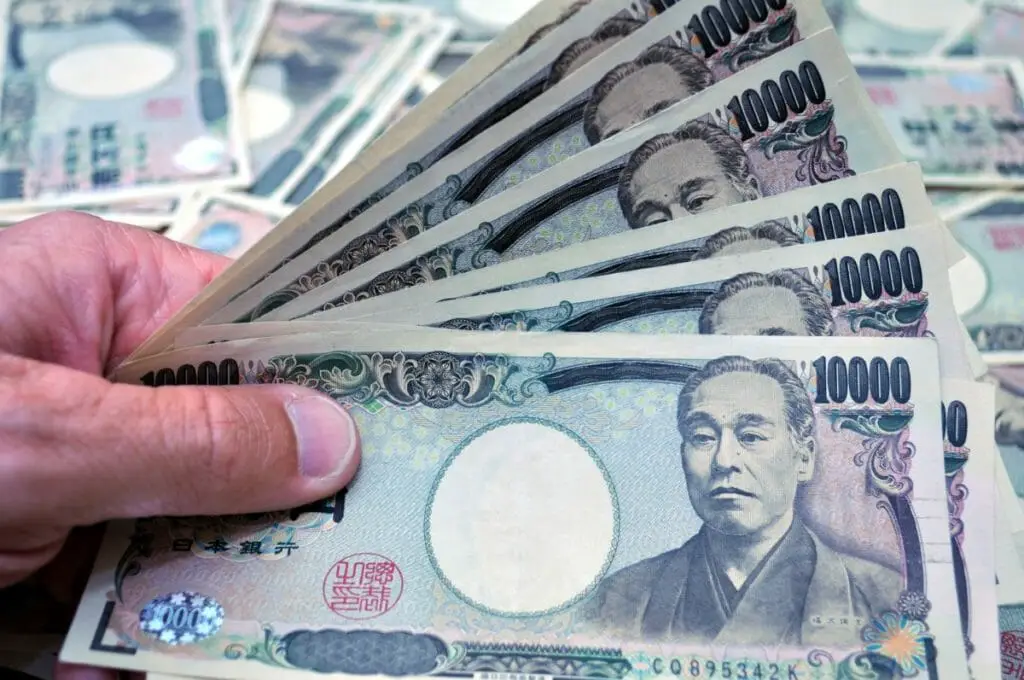
Q40: Where can I find affordable shopping?
A: Areas like Ameyoko Street and Don Quijote stores offer affordable shopping experiences.
Section XXII: Technology and Gadgets
Q41: What’s the best way to stay connected in Tokyo?
A: Pocket Wi-Fi or local SIM cards provide convenient connectivity for travelers.
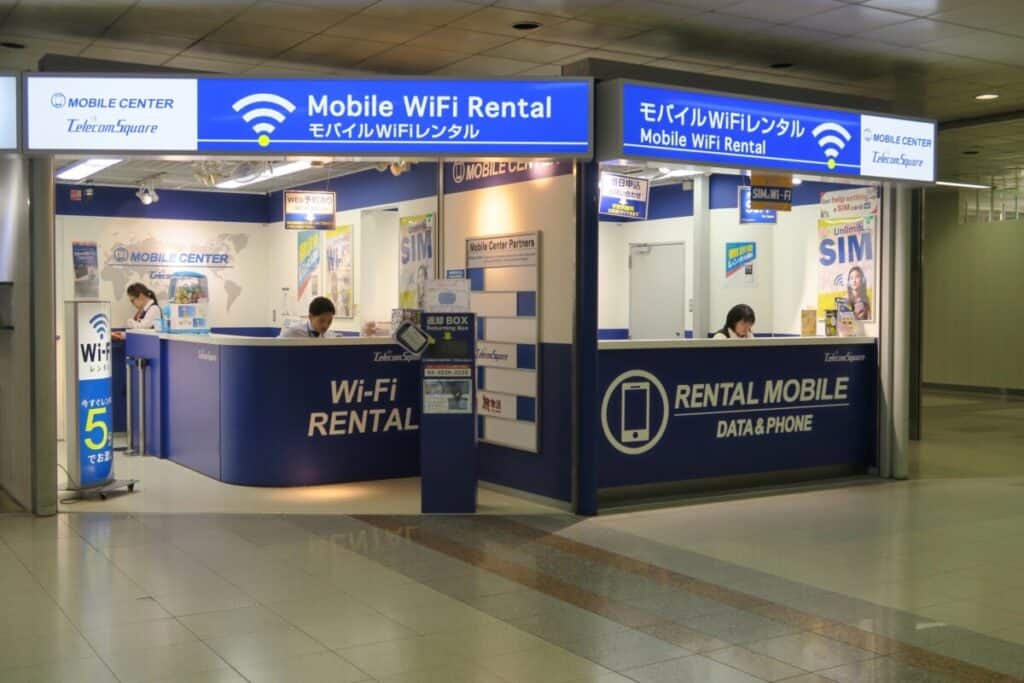
Q42: Where can I buy gadgets and tech accessories?
A: Akihabara is Tokyo’s tech hub, offering a wide array of gadgets, electronics, and accessories.
Section XXIII: Animal Cafés and Wildlife
Q43: Where can I experience animal cafés?
A: Tokyo has various animal cafés, including cat, owl, hedgehog, and even snake cafés.
Q44: Are there any zoos or aquariums?
A: Ueno Zoo and Sunshine Aquarium are popular destinations for wildlife enthusiasts.
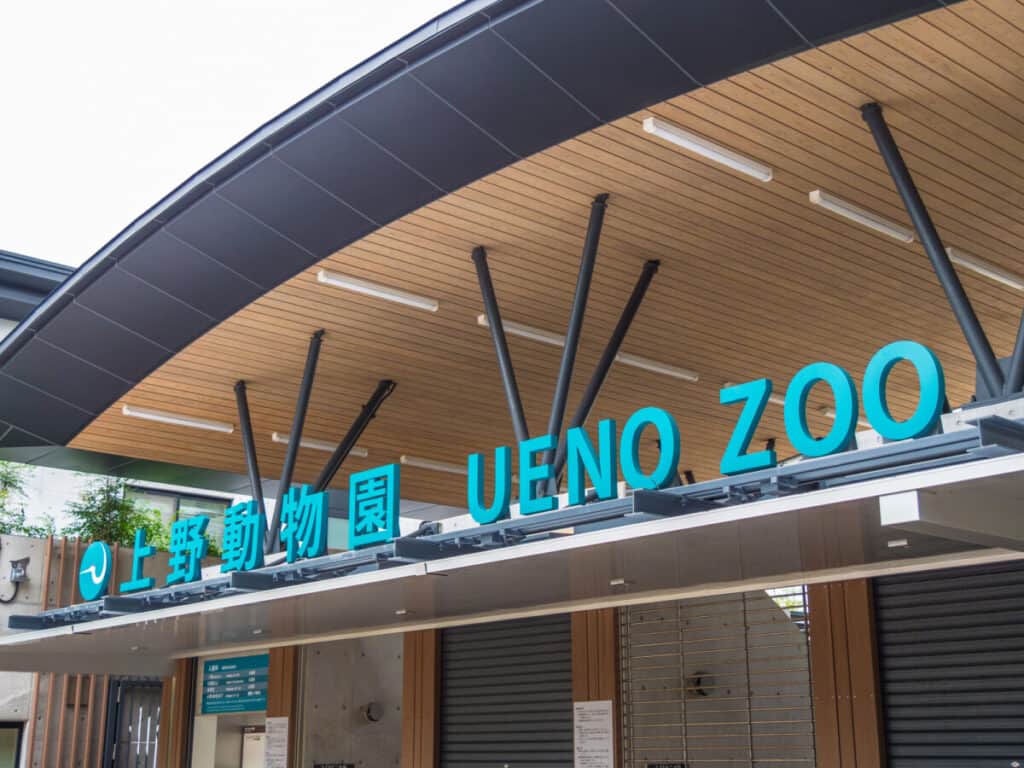
Section XXIV: LGBTQ+ in Tokyo
Q45: What is the LGBTQ+ scene like in Tokyo?
A: Shinjuku’s Ni-chome district is known for its LGBTQ+ friendly bars and clubs, and Tokyo generally has a growing acceptance of the LGBTQ+ community.
Section XXV: Further Explorations
Q46-Q100: What other gems does Tokyo hold?
A: These questions delve into more specialized interests like flea markets, spa experiences, tattoo culture, specialty bookstores, hidden gardens, and more. Each offers a different perspective on Tokyo’s multifaceted identity.
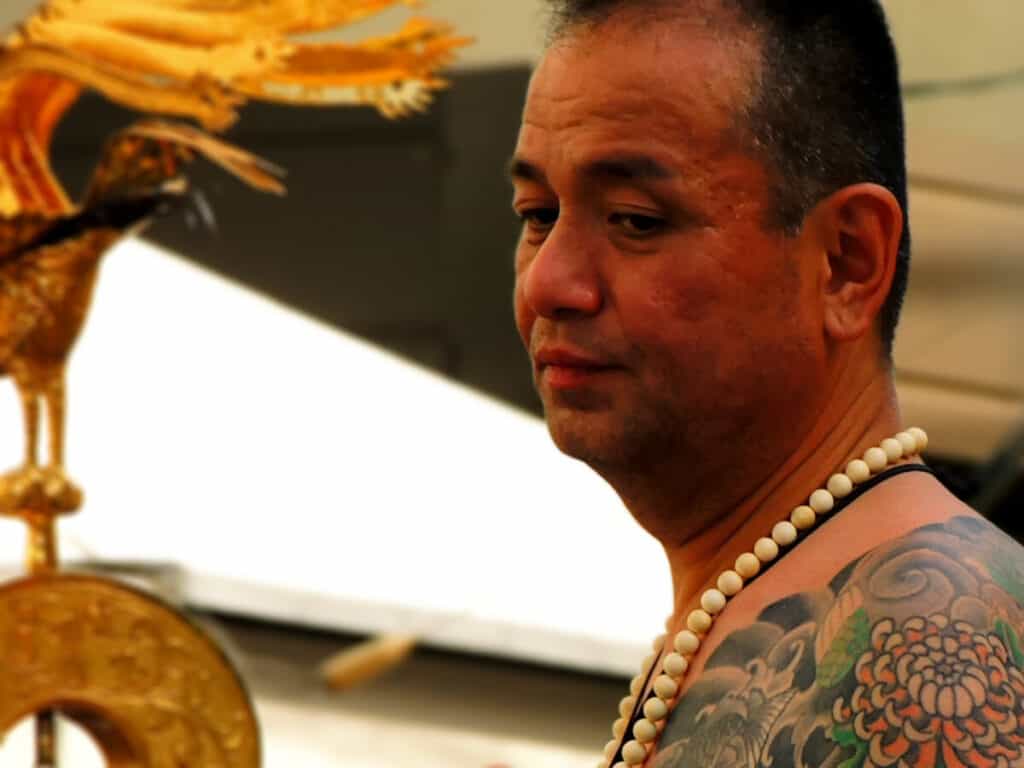
Q47: What options are there for vegetarian and vegan travelers?
A: Tokyo has seen a rise in vegetarian and vegan restaurants. Many traditional dishes can be made plant-based, and there are specialized establishments catering to dietary preferences.
Q48: How can I enjoy Tokyo on a budget?
A: Tokyo can be enjoyed on a budget by exploring free attractions, eating at local convenience stores or inexpensive restaurants, and staying at capsule hotels or hostels.
Q49: What are Tokyo’s must-see historical sites?
A: The Imperial Palace, Meiji Shrine, Senso-ji Temple, and Edo-Tokyo Museum are key historical sites that offer insights into Tokyo’s rich past.
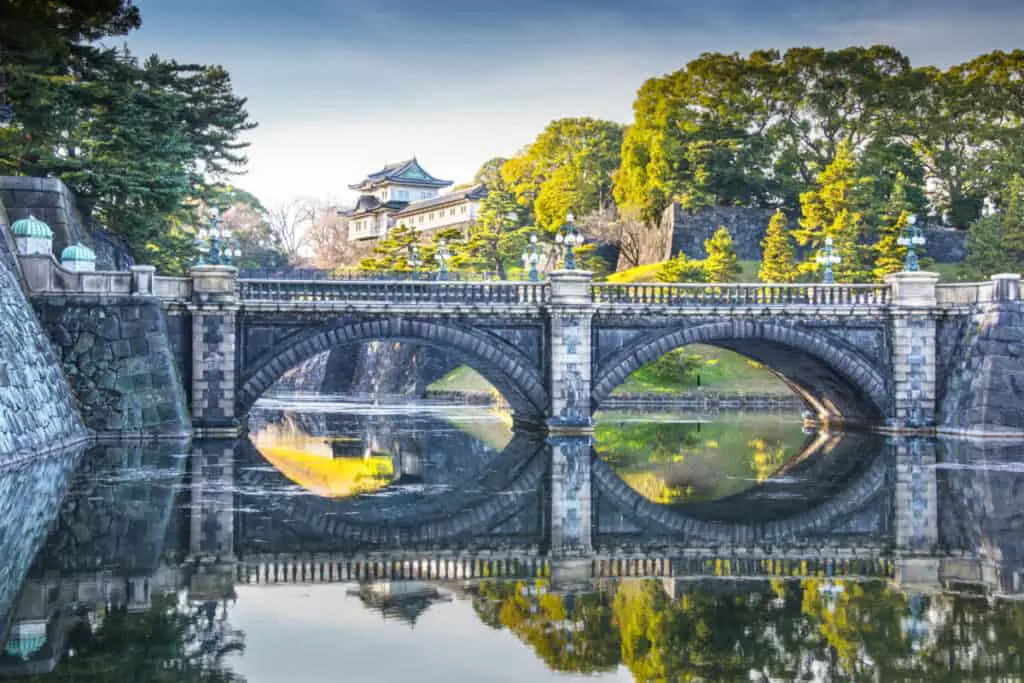
Q50: Can I attend a traditional tea ceremony in Tokyo?
A: Yes, many places in Tokyo offer the chance to experience a traditional tea ceremony. From specialized tea houses to cultural centers, you can find opportunities to take part in this serene ritual.
Section XXVI: Tokyo’s Neighborhoods
Q51: What makes each neighborhood in Tokyo unique?
A: Tokyo is a city of contrasts, and its neighborhoods reflect this:
- Shinjuku: Known for its bustling nightlife and skyscrapers.
- Asakusa: Rich in history, home to Senso-ji Temple.
- Akihabara: The mecca for electronics and otaku culture.
- Harajuku: Famous for its trendy fashion scene.
- Ginza: Tokyo’s upscale shopping district.
Section XXVII: Business in Tokyo
Q52: What should I know about doing business in Tokyo?
A: Japanese business culture emphasizes formality and etiquette. Punctuality, business attire, and proper greeting methods are essential.
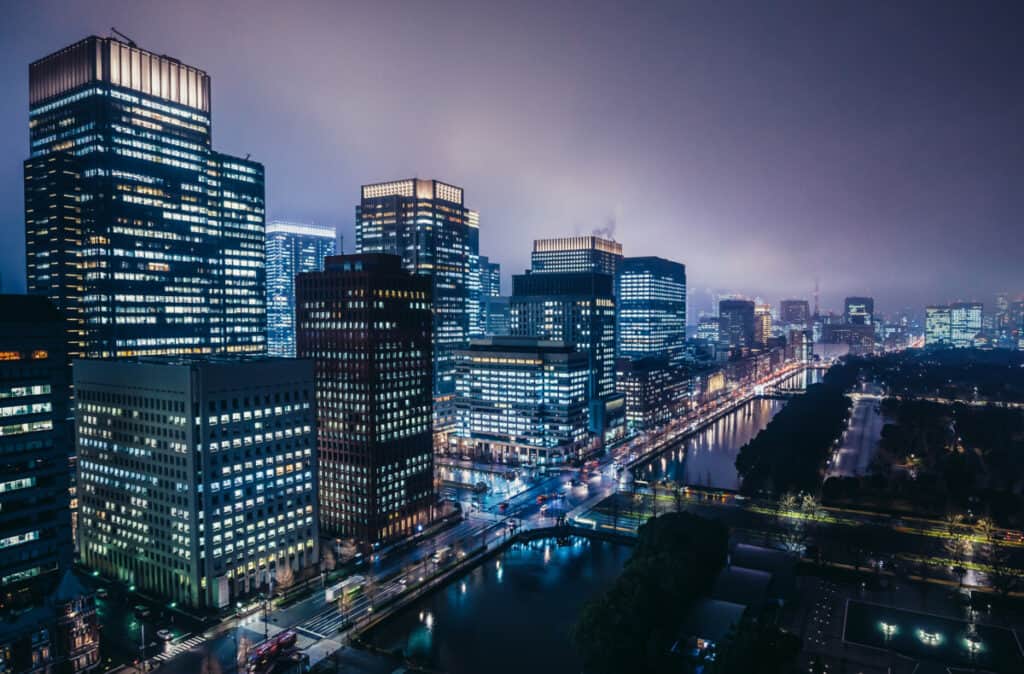
Section XXVIII: Tokyo’s Music Scene
Q53: Where can I enjoy live music in Tokyo?
A: From jazz bars in Shibuya to the Tokyo Philharmonic Orchestra, the city’s vibrant music scene caters to various tastes.
Section XXIX: Environmental Initiatives
Q54: What is Tokyo doing for the environment?
A: Initiatives include promoting energy-efficient buildings, reducing waste, and encouraging the use of public transportation.
Section XXX: Anime and Manga Culture
Q55: Where can anime and manga fans go in Tokyo?
A: Akihabara, Studio Ghibli Museum, and the Pokémon Center are just a few places to explore this iconic culture.
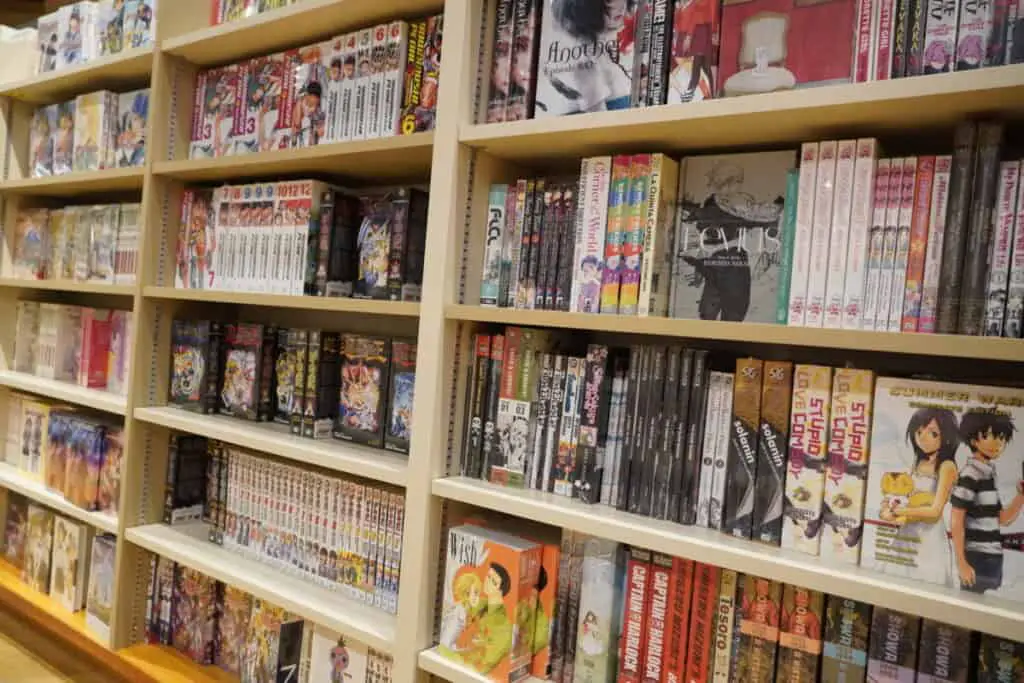
Section XXXI: Tattoos and Body Art
Q56: How are tattoos perceived in Tokyo?
A: Though more accepted in younger generations, tattoos may still be associated with the Yakuza and are not allowed in some public baths.
Section XXXII: Religious Sites
Q57: What religious sites should I visit?
A: Senso-ji Temple, Meiji Shrine, and Zojo-ji Temple are among Tokyo’s spiritually significant places.
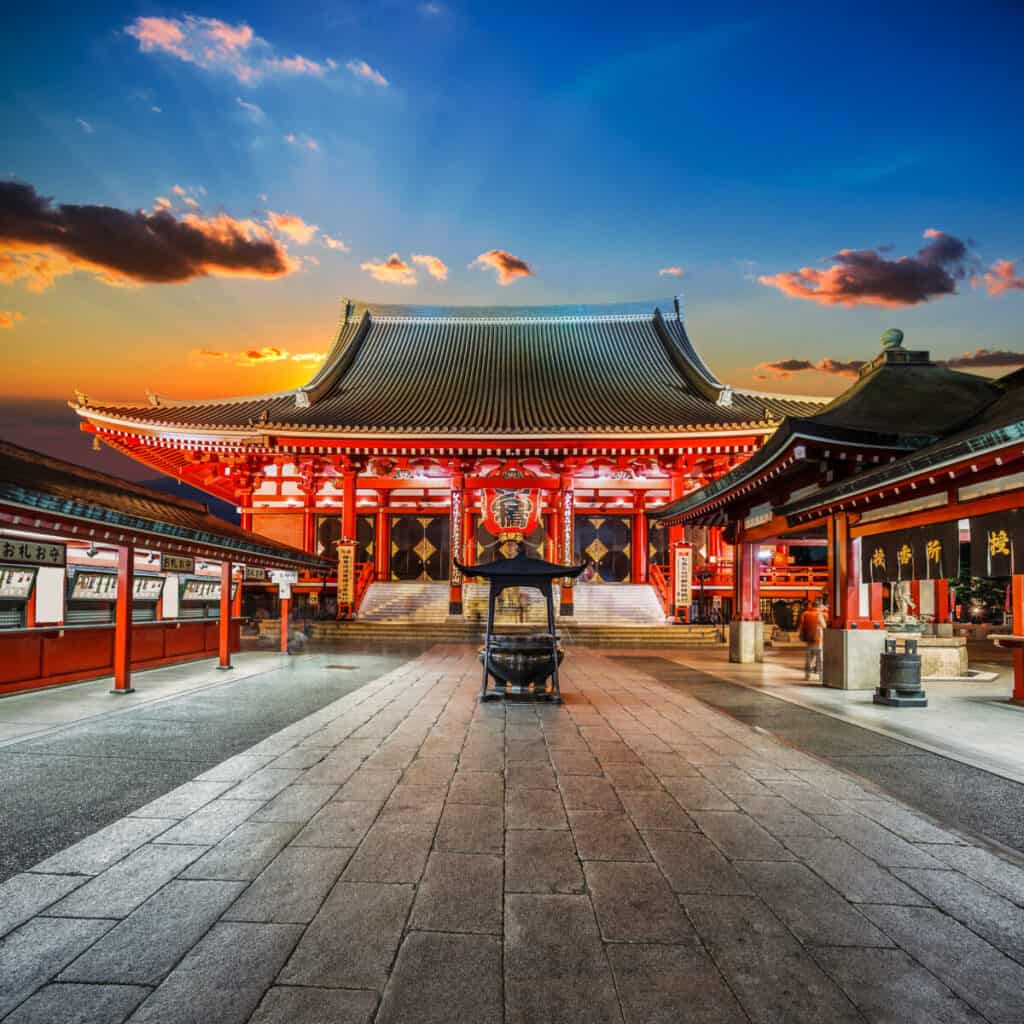
Section XXXIII: Tokyo’s Literary Scene
Q58: Where can I find English-language books?
A: Stores like Kinokuniya and Good Day Books offer extensive English-language selections.
Section XXXIV: Tokyo Off the Beaten Path
Q59: What lesser-known spots are worth visiting?
A: Places like Yanaka, Kagurazaka, and the Sumida Aquarium offer quieter yet rich experiences.
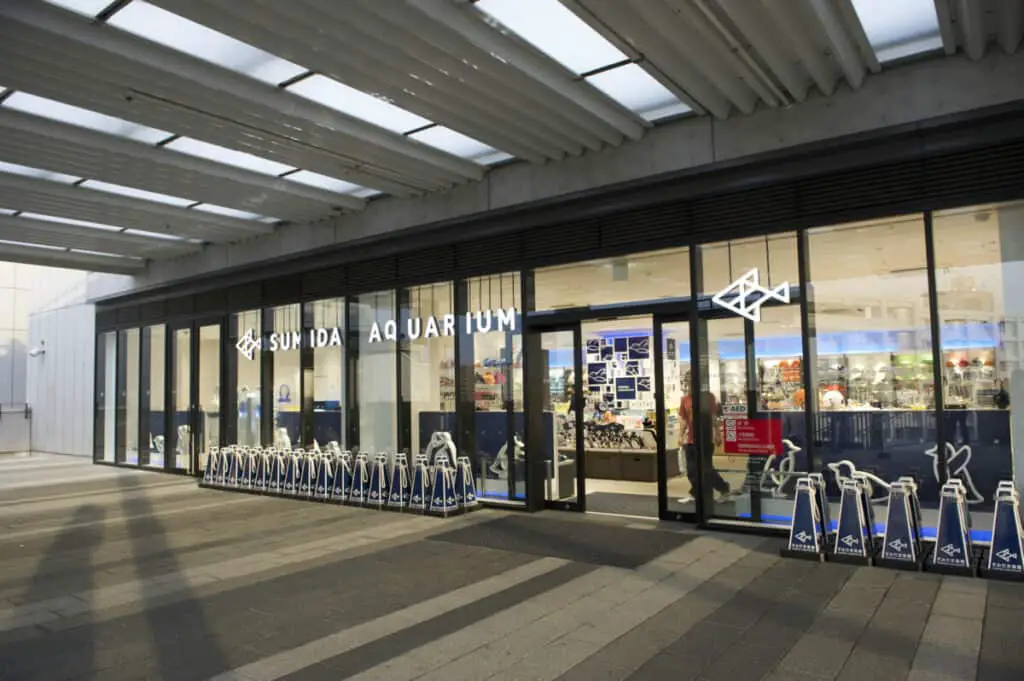
Section XXXV: Solo Travel in Tokyo
Q60: Is Tokyo suitable for solo travelers?
A: Absolutely! Tokyo is considered safe and convenient for solo travelers, with ample opportunities for exploration.
Section XXXVI: Etiquette and Manners
Q61: What are some essential etiquette rules?
A: Proper bowing, removing shoes indoors, and waiting in orderly lines are some aspects of Japanese etiquette to observe.
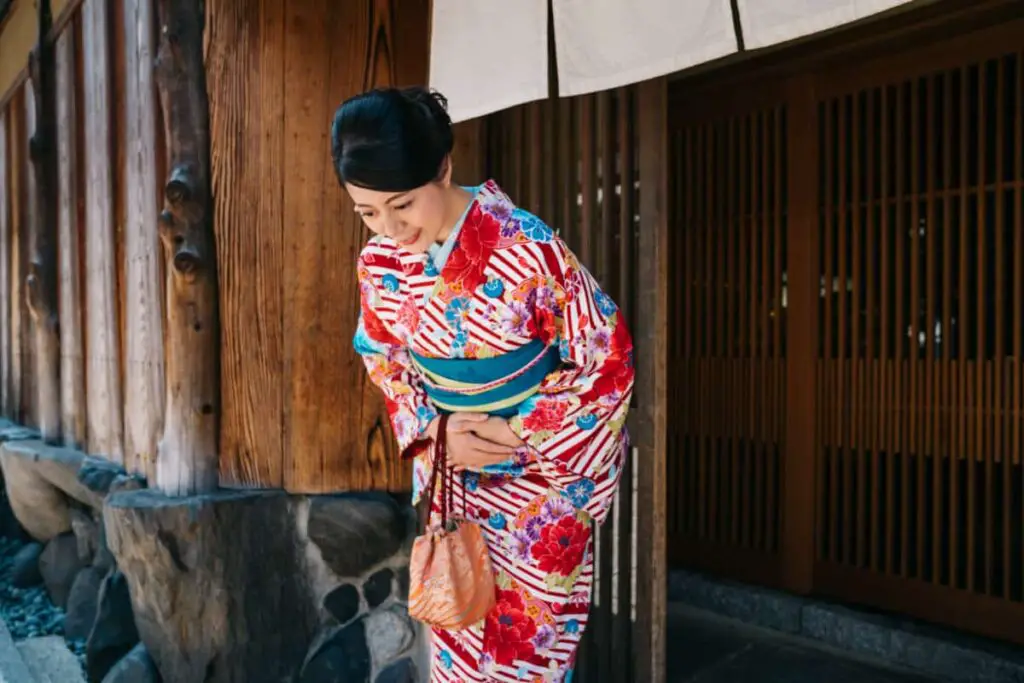
Section XXXVII: Tokyo’s Film Industry
Q62: What movies were filmed in Tokyo?
A: Movies like “Lost in Translation,” “The Fast and the Furious: Tokyo Drift,” and “Akira” feature Tokyo prominently.
Section XXXVIII: Education in Tokyo
Q63: What educational opportunities are there in Tokyo?
A: Tokyo hosts prestigious universities and offers various short-term courses and workshops for those interested in learning.
Section XXXIX: Tokyo for Senior Travelers
Q64: Is Tokyo senior-friendly?
A: Many areas are senior-friendly, with accessible public transport and leisurely spots like gardens and museums.
Section XL: Culinary Experiences
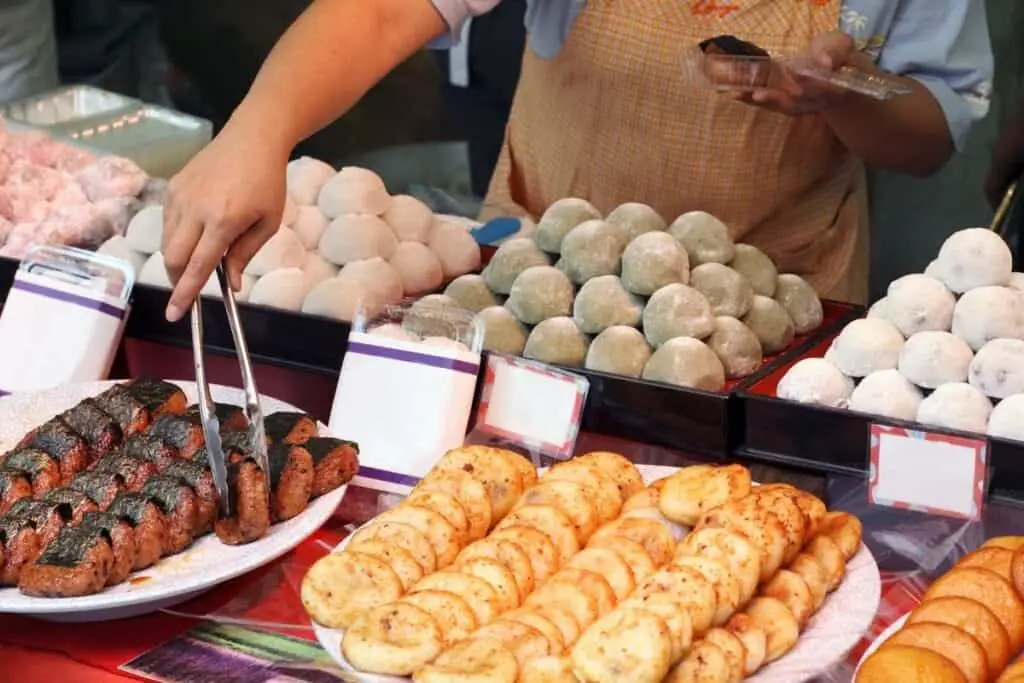
Q65: What are some must-try street foods?
A: Don’t miss takoyaki (octopus balls), taiyaki (fish-shaped cake), and yakitori (grilled chicken skewers) while in Tokyo.
Q66: Where can I take cooking classes?
A: Many local chefs offer classes in sushi making, bento preparation, and traditional Japanese cuisine.
Section XLI: Shopping and Fashion
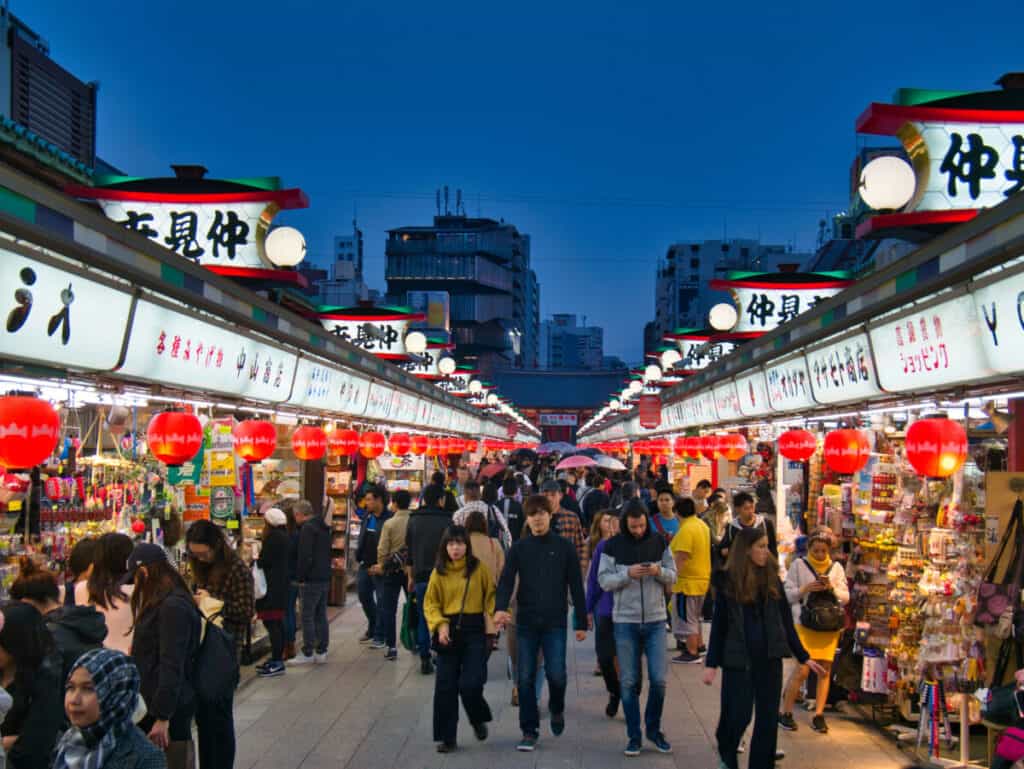
Q67: Where can I buy traditional Japanese clothing?
A: Areas like Asakusa offer shops specializing in kimonos, yukatas, and other traditional attire.
Q68: What are the top fashion districts?
A: Harajuku is known for street fashion, while Ginza offers luxury brands and Omotesando caters to high-end designers.
Section XLII: Tokyo’s Theater and Performing Arts
Q69: Can I watch a traditional Kabuki performance?
A: Yes, the Kabuki-za Theatre in Ginza is the primary venue for Kabuki, a classical Japanese dance-drama.
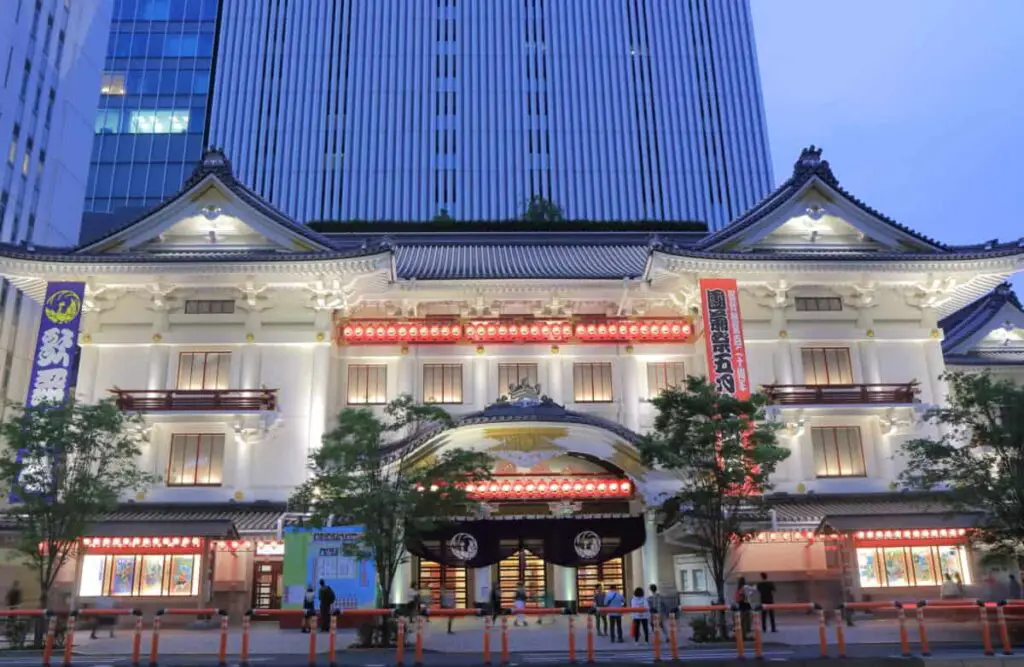
Q70: What about contemporary theater?
A: Check listings at the New National Theatre, Tokyo for contemporary performances and international productions.
Section XLIII: Tokyo with Pets
Q71: Is Tokyo pet-friendly?
A: Tokyo has pet-friendly parks and cafes, but restrictions may apply in public transport and accommodations.
Section XLIV: Green Spaces in Tokyo
Q72: Where can I find green spaces in Tokyo?
A: Ueno Park, Shinjuku Gyoen, and Imperial Palace Gardens offer peaceful escapes within the city.
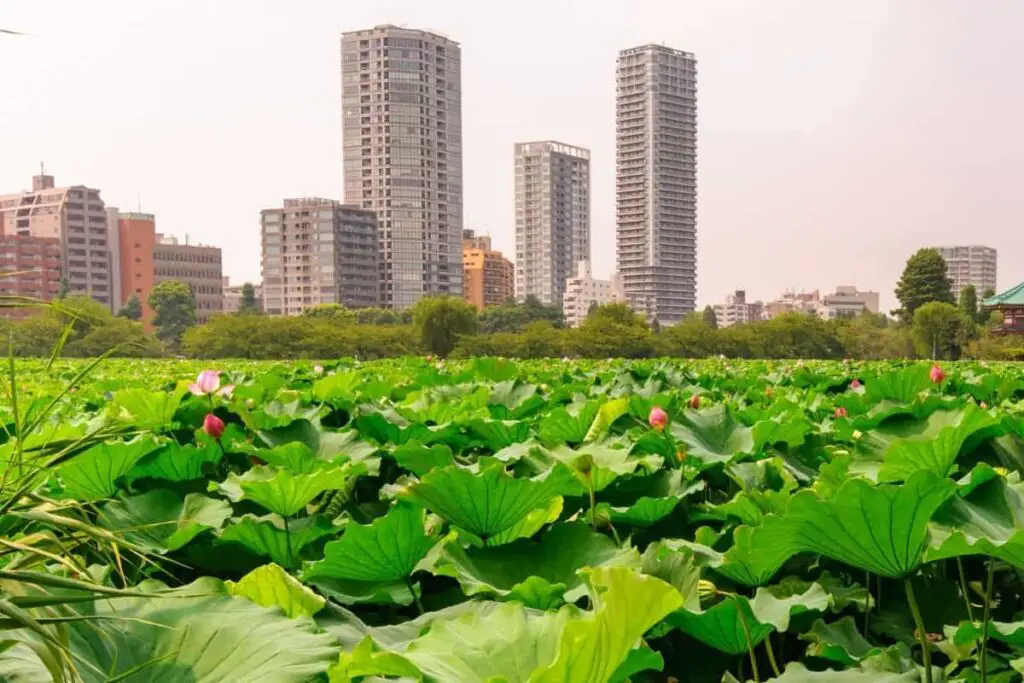
Section XLV: Tokyo’s Architectural Wonders
Q73: What architectural sites should I see?
A: From Tokyo Tower to the Asakusa Culture and Tourism Center, Tokyo’s skyline is filled with architectural marvels.
Section XLVI: Pop Culture and Subcultures
Q74: Where can I explore Japanese pop culture?
A: Harajuku for fashion, Akihabara for anime and gadgets, and Shibuya for modern youth culture.
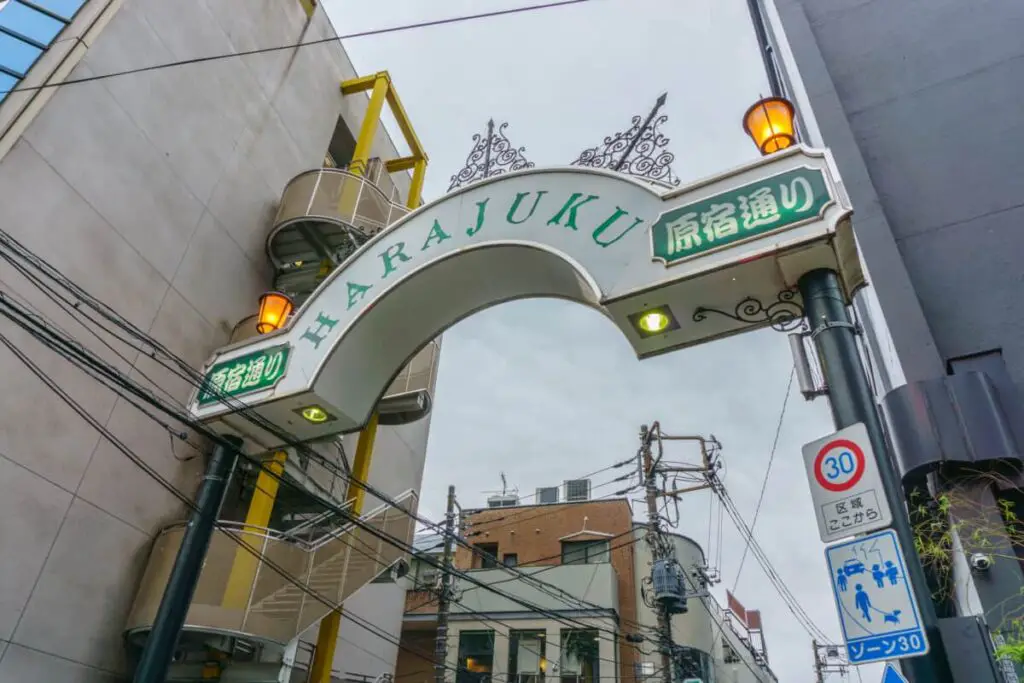
Section XLVII: Traveling with Babies and Toddlers
Q75: Is Tokyo baby-friendly?
A: Tokyo offers many family-friendly attractions, baby-changing facilities, and rental services for baby gear.
Section XLVIII: Wellness and Spas
Q76: Where can I experience a traditional Japanese spa?
A: Ooedo-Onsen Monogatari is a hot spring theme park in Tokyo where you can enjoy various baths.
Section XLIX: Tokyo’s Maritime Attractions
Q77: Can I enjoy maritime activities in Tokyo?
A: Odaiba Beach, Tokyo Bay cruises, and the Sumida Aquarium offer marine-related experiences.
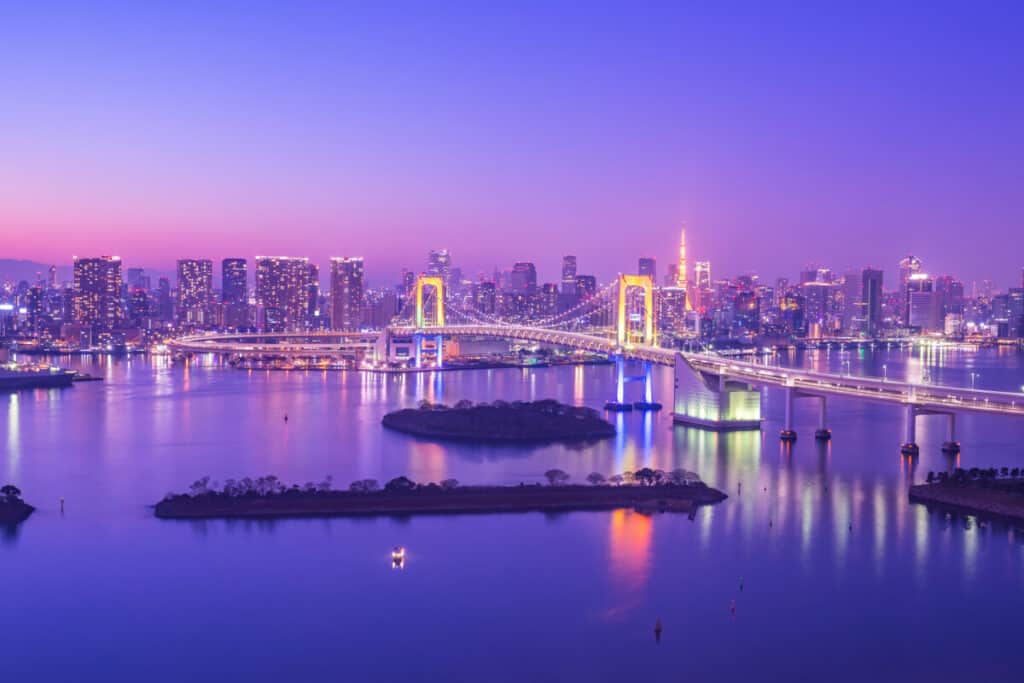
Section L: Emergency Information
Q78: What should I do in an emergency?
A: Dial 110 for police and 119 for medical emergencies. Note the nearest embassy’s contact information.
Section LI: Tokyo’s Impact on Global Culture
Q79: How has Tokyo influenced global culture?
A: Through its cuisine, fashion, technology, and arts, Tokyo has left an indelible mark on global culture.
Section LII: Public Safety in Tokyo
Q80: How safe is Tokyo for travelers?
A: Tokyo is often regarded as one of the safest cities globally, but as always, exercise common caution.
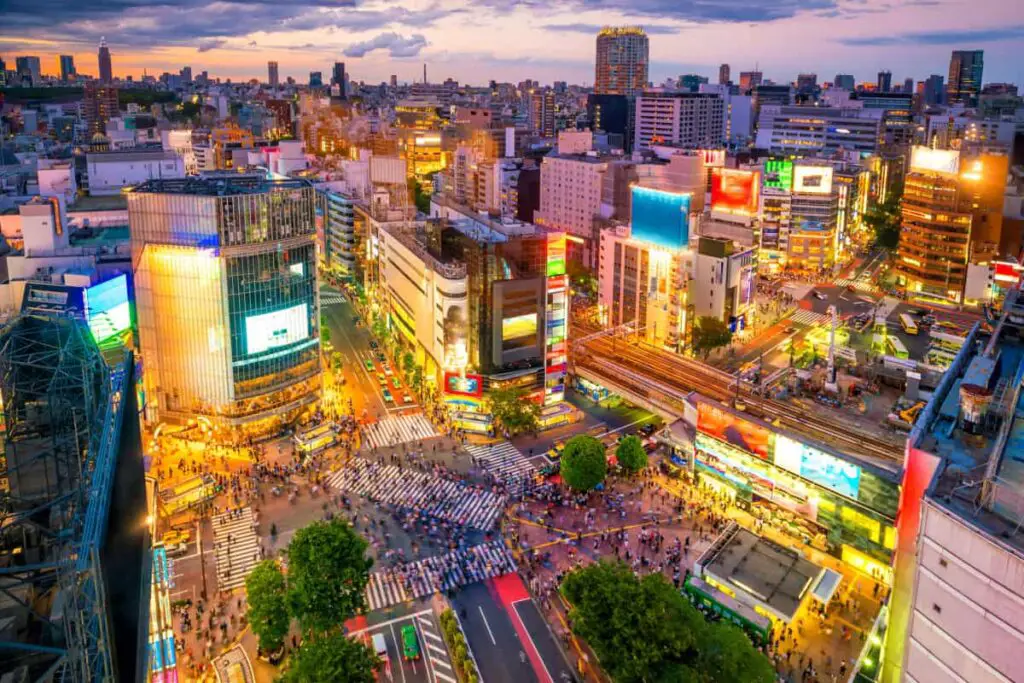
Section LIII: Tokyo’s Art Scene
Q81: Where can I see contemporary art in Tokyo?
A: The Mori Art Museum and the National Art Center are premier destinations for contemporary art enthusiasts.
Q82: Can I find traditional Japanese art?
A: Absolutely! The Tokyo National Museum and Sumida Hokusai Museum offer stunning collections of traditional art.
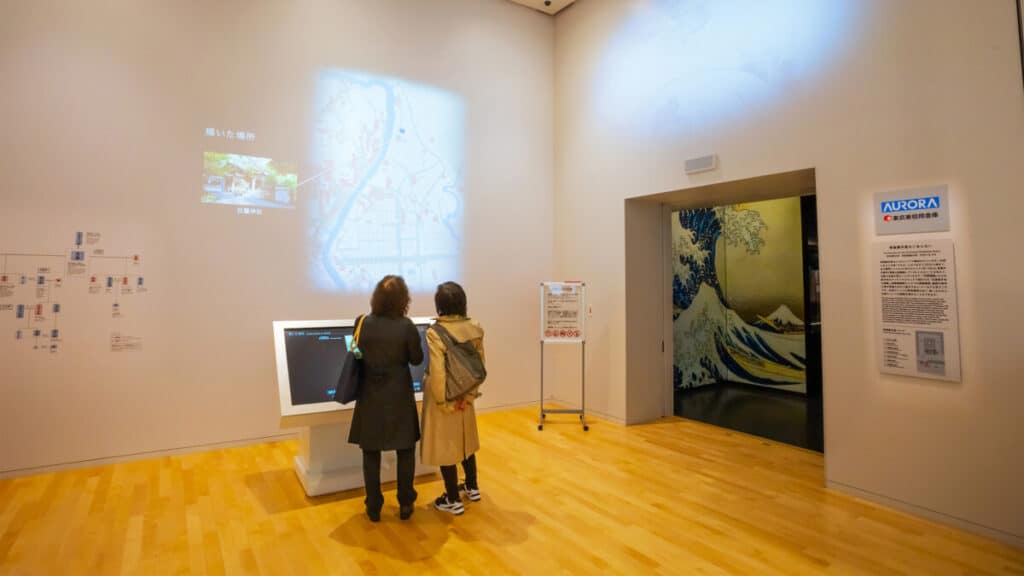
Section LIV: Seasonal Events
Q83: What are some must-see seasonal events?
A: From cherry blossoms in spring to Tanabata festivals in summer and autumn leaves viewing, Tokyo’s seasonal events are captivating.
Section LV: Tokyo for Photographers
Q84: What are the best spots for photography?
A: The views from Tokyo Tower, Shinjuku’s neon lights, and the traditional Asakusa area offer extraordinary photo opportunities.
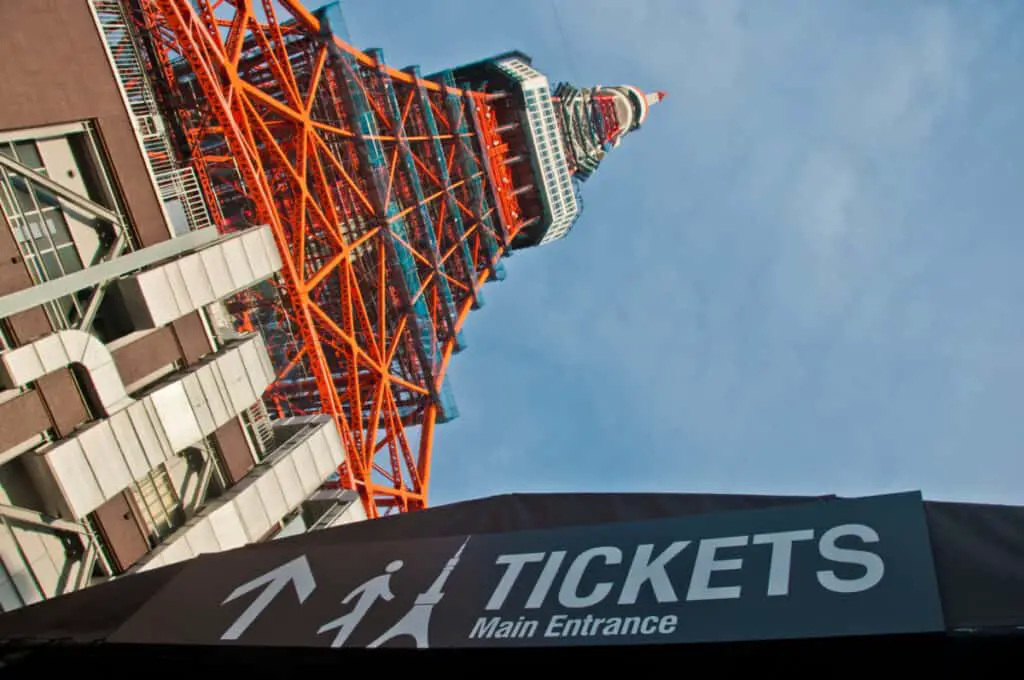
Section LVI: Vintage and Antique Shopping
Q85: Where can I shop for vintage items?
A: Areas like Shimokitazawa and Koenji are known for their vintage shops and retro charm.
Section LVII: Tokyo’s Coffee Culture
Q86: Where can I experience Tokyo’s coffee culture?
A: From artisanal coffee shops in Nakameguro to traditional kissaten in Jimbocho, Tokyo’s coffee scene is thriving.

Section LVIII: Wedding and Honeymoon in Tokyo
Q87: Can Tokyo be a wedding or honeymoon destination?
A: Yes! Tokyo offers luxurious hotels for weddings and diverse experiences for an unforgettable honeymoon.
Section LIX: Youth Culture and Trendsetting
Q88: How does Tokyo influence youth culture?
A: With districts like Harajuku leading fashion trends and Shibuya shaping music culture, Tokyo’s impact on youth culture is global.
Section LX: Emergency Weather Procedures
Q89: What should I do during a typhoon or earthquake?
A: Follow local guidelines, stay indoors, and monitor English-language news sources for updates.
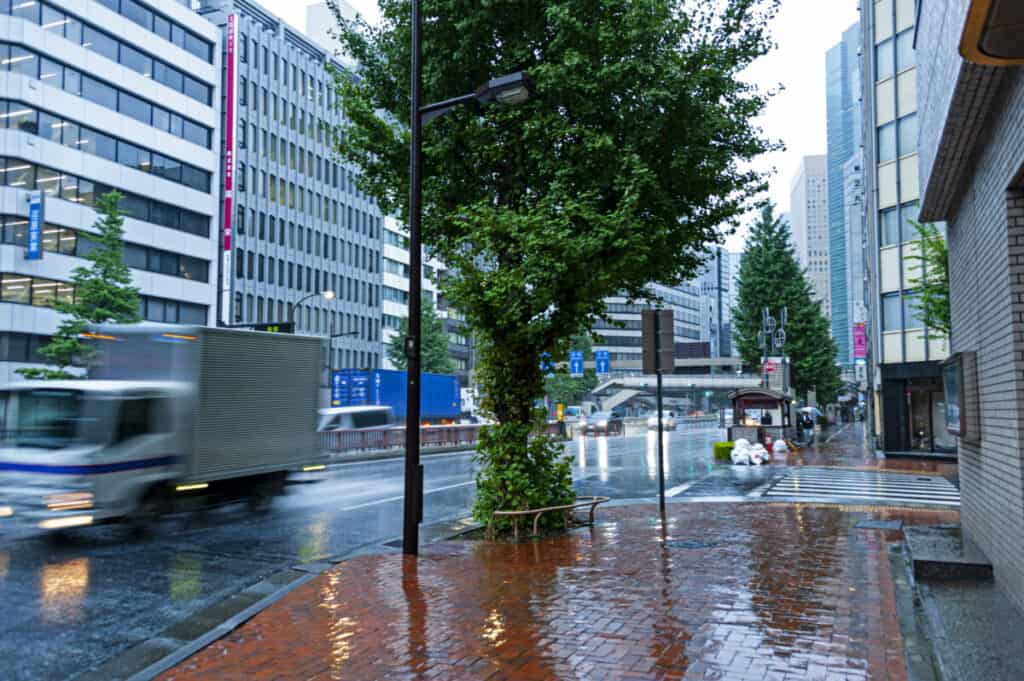
Section LXI: Tokyo’s Nightlife
Q90: What are Tokyo’s best nightlife spots?
A: Roppongi for clubs, Golden Gai for unique bars, and Omoide Yokocho for an authentic nightlife experience.
Section LXII: Working in Tokyo
Q91: What’s it like to work in Tokyo?
A: The work culture emphasizes dedication and formality, and understanding Japanese business etiquette is vital.
Section LXIII: Tokyo’s Influence on Global Cuisine
Q92: How has Tokyo’s cuisine impacted the world?
A: Tokyo’s culinary innovations, from sushi to ramen, have become global phenomena.
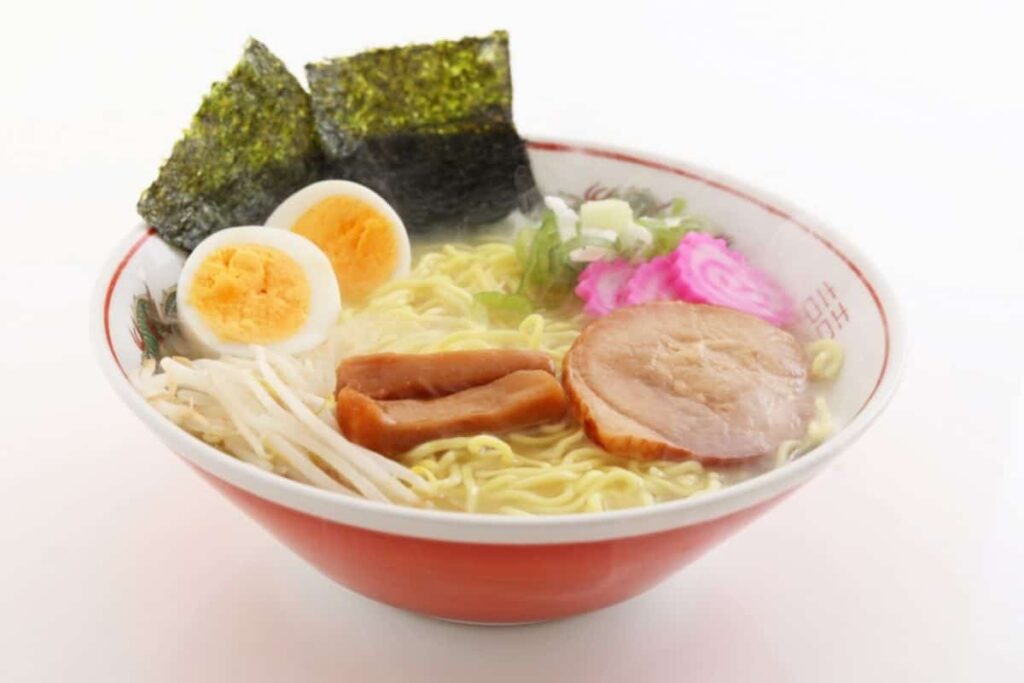
Section LXIV: Fitness and Wellness in Tokyo
Q93: Where can I find fitness centers or wellness retreats?
A: From modern gyms to traditional onsen retreats, Tokyo caters to various wellness needs.
Section LXV: Exploring Tokyo by Bicycle
Q94: Is Tokyo bicycle-friendly?
A: While not as common as other means of transportation, cycling paths and bike rentals are available in many areas.
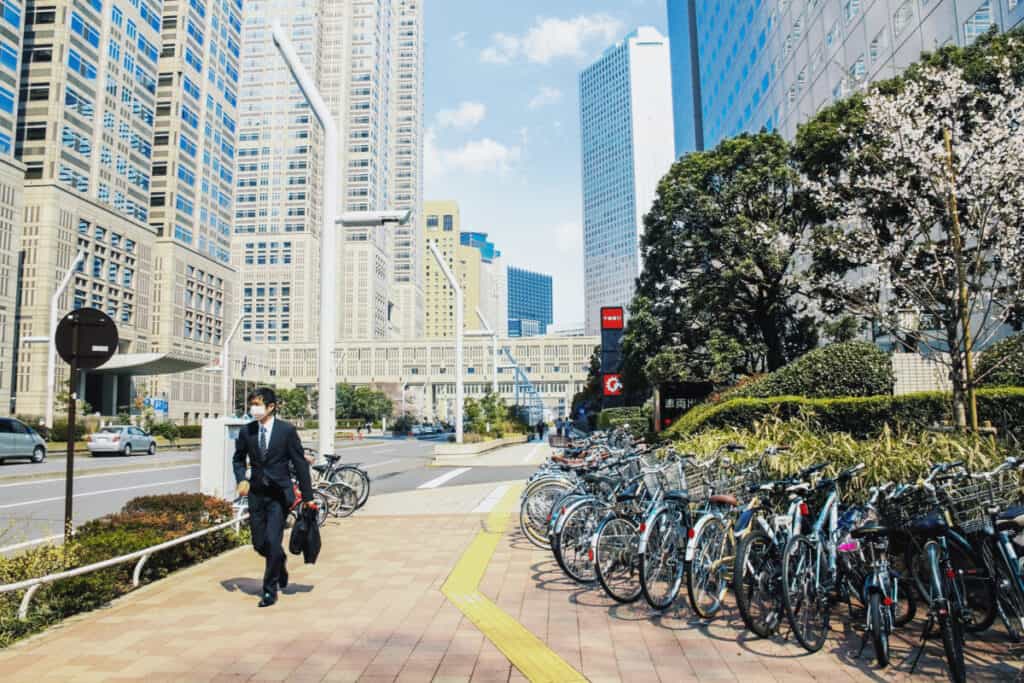
Section LXVI: Tokyo’s Literary Connections
Q95: How has Tokyo been depicted in literature?
A: Authors like Haruki Murakami have used Tokyo as a vibrant backdrop for various literary works.
Section LXVII: Volunteer Opportunities
Q96: Can I volunteer during my stay in Tokyo?
A: Various NGOs and community organizations welcome the participation of foreign volunteers.
Section LXVIII: Tokyo’s Cultural Etiquette
Q97: How important is cultural etiquette in Tokyo?
A: Understanding basic Japanese customs and etiquette can greatly enhance your cultural experience.
Section LXIX: Tokyo’s Underground Music Scene
Q98: Where can I explore underground music in Tokyo?
A: Shimokitazawa and Koenji host venues for emerging artists and eclectic music genres.
Section LXX: Further Adventures in Tokyo
Q99-Q100: What else awaits exploration in Tokyo?
A: From exploring futuristic Odaiba to retracing history in Edo-Tokyo Museum, Tokyo’s depth ensures that every visitor will find something to cherish.
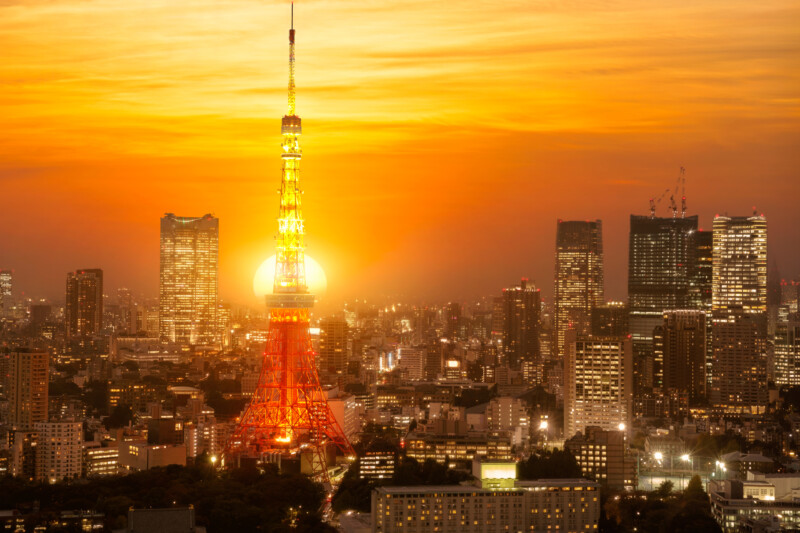
Q100: How can I stay updated with the latest events and happenings during my visit?
A: Utilize local tourism websites, English-language newspapers, and social media channels focused on Tokyo events. Many hotels and visitor centers also provide information on current activities.
Conclusion: Tokyo, A Tapestry of Experiences
Tokyo, the heart of Japan, is more than just a city; it’s a living tapestry of experiences. From the moment you step off the plane, you are immersed in a world where tradition and innovation, serenity and excitement, the ordinary and the extraordinary coexist in harmony.
Through these 100 questions, we’ve navigated the complex maze of Tokyo’s streets, uncovering hidden gems, cultural insights, and the multifaceted charm that makes Tokyo one of the world’s most visited cities.
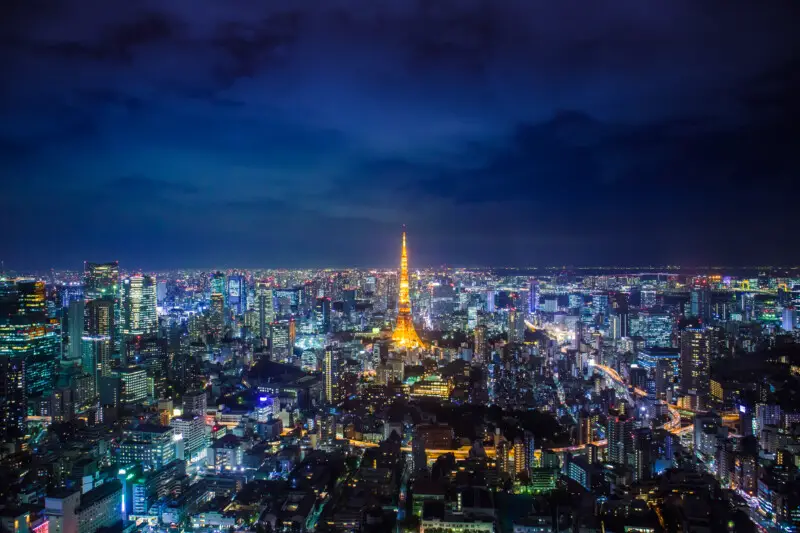
Yet, even a hundred questions can only scratch the surface of what Tokyo has to offer.
Whether you’re sampling delectable street food, absorbing the vibrant arts scene, strolling through ancient gardens, exploring cutting-edge technology, or engaging with the city’s rich history, Tokyo presents a unique and personalized journey for each visitor.
The city invites you to come with an open heart, an inquisitive mind, and the spirit of adventure.
Explore, engage, and embrace Tokyo, and you’ll be rewarded with memories and experiences that will stay with you long after you’ve left its bustling streets.
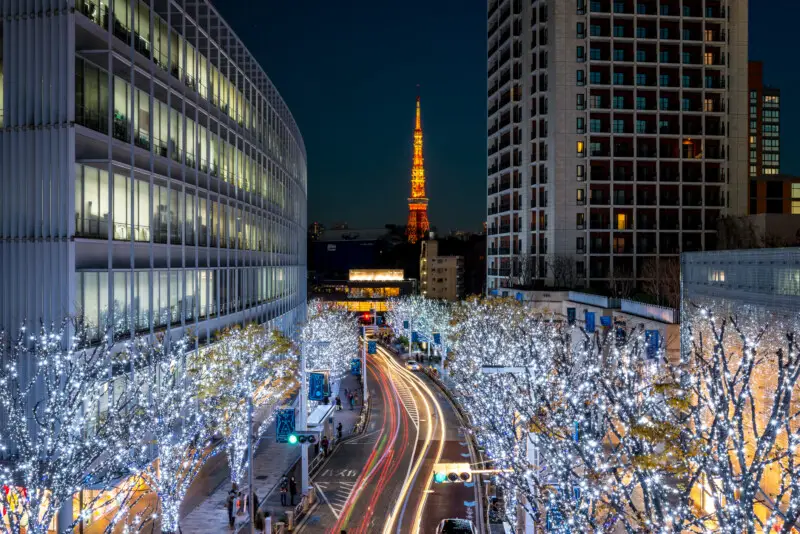
No guide can fully capture the essence of Tokyo. The city must be lived, tasted, heard, and felt. So pack your bags, learn a few words of Japanese, and step into a world that’s waiting to unfold before your eyes. Tokyo awaits, and it promises to be a journey like no other.
Here’s a list of helpful websites that travelers in Tokyo can use to enhance their experience, gather information, and find assistance during their stay:
- Japan National Tourism Organization (JNTO): Official travel guide offering insights, maps, and travel tips.
- Tokyo Metropolitan Government’s Official Site: Comprehensive information about attractions, events, and more in Tokyo.
- Time Out Tokyo: Local events, dining guides, and current happenings.
- Tokyo Cheapo: Great for budget travelers seeking affordable options.
- HyperDia: A must-have for train travel planning within Tokyo and Japan.
- Tabelog: Helps find the best restaurants based on public reviews.
- Meetup Tokyo: Connect with local groups and events that match your interests.
- Japan Meteorological Agency: Keep an eye on the weather forecast and any weather advisories.
- Tokyo Art Beat: Information about current art exhibitions and cultural events.
- Rurubu: Japanese site for local attractions, accommodations, and hot springs (onsen). English guides may be available.
- Japan Rail Pass: Information on rail passes for travelers planning extensive train travel.
- Navitime Travel: Tourist information, routes, and maps in Tokyo.
- Japan Wireless: Rental services for pocket Wi-Fi, helping you stay connected.
- Tokyo From The Inside: A blog filled with tips and insights from a local perspective.
Many of these sites provide both English and Japanese versions and offer up-to-date information, so they will likely prove invaluable to travelers in Tokyo. Some even have corresponding mobile apps for convenience on the go. Remember to check with local tourism offices and information centers, as they often have brochures and guides tailored to tourists’ needs.









